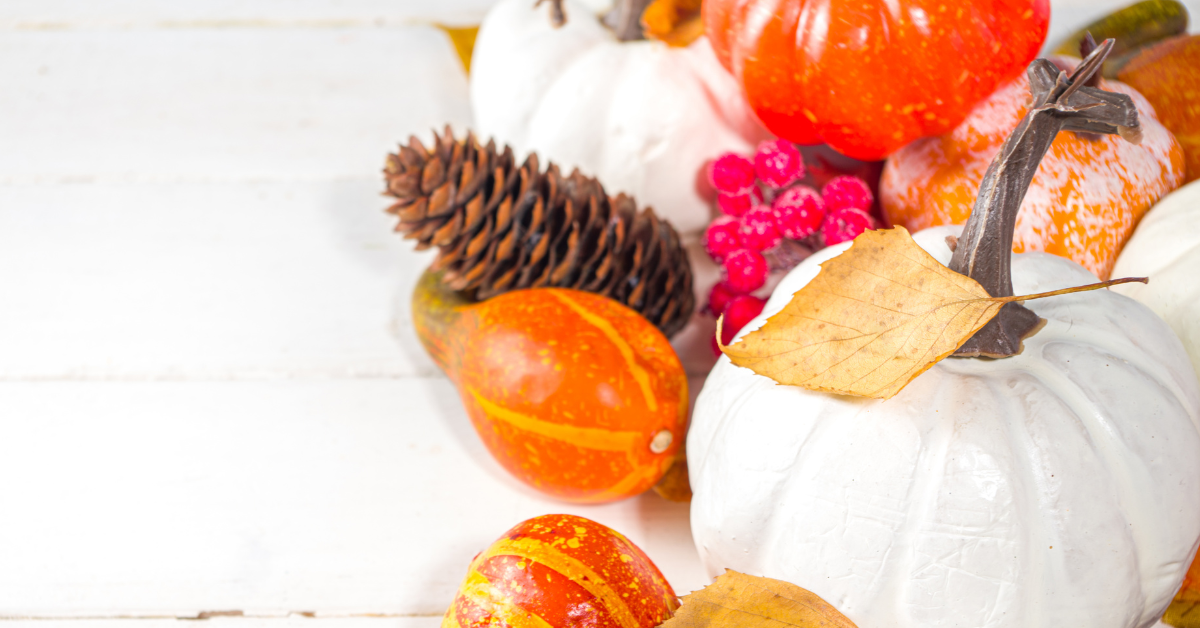Why holiday stress is real for couples
Thanksgiving and the holiday season (or any major family gathering for that matter) often means more cooking, more hosting, more cleaning and more emotional labour. For couples, this can magnify underlying relationship pressures: uneven distribution of labour, juggling work and home life, managing extended-family expectations, and dealing with the “mental load” of organising everything.
- Research clearly shows that when couples carry heavy household or emotional loads, their well-being and relational satisfaction suffer. Harvard Business School Library+2The Hart Centre+2
- According to the Pew Research Center, more than half of married adults say that sharing household chores is “very important” to a successful marriage. Pew Research Center
So if you and your partner are gearing up for the holidays, thinking proactively about how you’ll share the load is one of the most relationship-smart moves you can make.
How sharing the load benefits your relationship
1. Reduces stress & improves shared time
When both partners carry more of the work (visible chores + invisible planning), there’s less resentment, less burnout and more space for connection. For example, spending quality time together is positively tied to well-being in couples. PMC+1
2. Balances the “mental load”
The mental load refers to the invisible work: remembering things, planning ahead, anticipating needs, organising events. During the holidays, that load grows. One partner carrying it alone can lead to exhaustion and relationship strain. The Hart Centre+1
3. Strengthens fairness, which boosts satisfaction
Couples who divide chores more equitably report higher relationship satisfaction, more intimacy and fewer conflicts. For instance, when one partner does a disproportionate share, resentment builds. Julie Morgenstern
4. Lets you lean into the holiday purpose
Holidays are meant to be about connection, gratitude and joy. If you’re caught up in logistics and stress, you miss the chance to be together. Sharing the load frees you both to participate in the spirit of the season.
Practical steps for couples to be ready for Thanksgiving
Here are some concrete strategies to help you share the workload effectively this holiday season.
1. Have an open planning conversation early
- Sit down together before things get hectic.
- List out the tasks for your holiday (cooking, meal prep, cleaning, hosting guests, decorating, shopping, coordinating extended-family plans).
- Decide who will take which responsibilities. Make sure both visible tasks (e.g., carving turkey) and invisible tasks(e.g., organising guest dietary needs) are covered.
2. Identify the visible and invisible tasks
- Create two categories: the doing (shopping, cooking, washing up) and the thinking (planning menus, coordinating timing, remembering guest requirements).
- Make sure both partners share in both categories. For example, one might cook, the other organises the wine/venue layout; one might wash up, the other puts leftovers away and sends thank-you notes.
3. Make it visual and clear
- Use Cupla to create and assign all the required tasks: “You take this, I take that.”
- Specify deadlines: e.g., “I’ll buy the dessert on Tuesday, you’ll set the table before midday.”
4. Adopt the team mindset
- Use “we” instead of “you” / “me” language. (“What can we do to get things ready?” not “What are you doing?”)
- Help each other out when one is under pressure. If one partner is busy, the other steps in.
- Completing at least some tasks together helps to build connection: cleaning up together, prepping side-dishes together.
5. Build in buffer & recognise rest
- Holidays are marathons, not sprints: schedule downtime.
- Recognise that things may go off-plan: decide in advance what you’ll do if someone needs a break.
- Allow each other to say “I need a rest” without guilt.
6. Debrief afterwards
After the holiday hustle, take some time together to reflect:
- What worked well?
- What felt unfair or extra heavy?
- What would you tweak next year?
Doing this helps you build better systems for future years.
Sample checklist for couples preparing for Thanksgiving
Here is a handy checklist to adapt. (You can modify this for your own holiday context.)
Pre-holiday planning:
- Agree on guest list + dietary needs
- Decide who shops for groceries & when
- Choose menu and allocate cooking tasks
- Assign cleaning tasks (before & after)
- Plan guest logistics (arrival time, sleep-over, transport)
- Decide who sets table / arranges seating
- Plan downtime: when will we relax together?
On the day:
- Both partners arrive in kitchen/prep area
- Coordinate cooking timing (who handles what dish)
- Guest arrival: one helps check in guests, other finishes cooking
- Post-meal: both clear table/clean up together
- Schedule relaxing time (walk/coffee/together moment)
Post-holiday debrief:
- What felt balanced?
- What felt heavy on one side?
- What would we do differently next year?
- Thank each other for contributions
Final thoughts
Holidays have the potential to bring joy, connection and memories, but only if you’re not weighed down by stress and imbalance. By proactively sharing the load, both the visible tasks and the invisible planning/mental work, you and your partner set yourselves up for a smoother, more meaningful holiday.
When both of you feel like teammates rather than one bearing the burden, you’re free to enjoy the season together: conversation at the table, laughter, quiet moments, meaningful rest.
May your Thanksgiving-season as a couple be less about doing everything and more about doing together.











